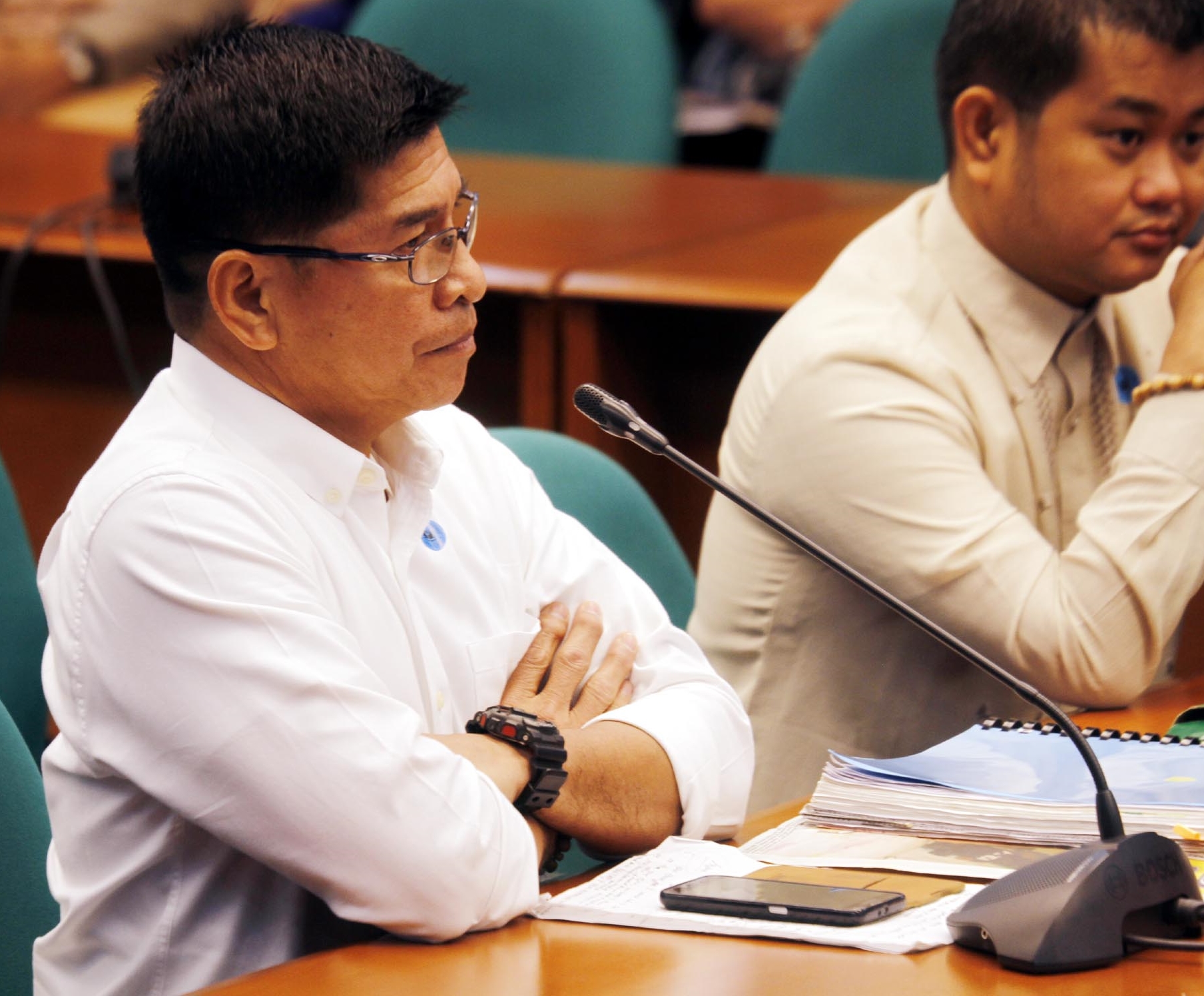
MANILA – Four former and current Davao City police officers allegedly linked to the so-called vigilante group Davao Death Squad (DDS) testified on Monday to deny their involvement in unresolved killings in the hometown of President Rodrigo Duterte.
The Davao City cops, who were previously members of the city’s Heinous Crimes Division, were earlier cited by witness, self-confessed DDS hitman Edgar Matobato, in a previous hearing as responsible for unresolved killings in the city.
Matobato claimed that these Davao City cops took orders from then mayor now President Duterte and his right-hand man, SPO3 Arthur Lascañas.
First to refute Matobato’s testimony was retired Police Sr. Supt. Dionisio Abude, who was head of the Davao City Heinous Crimes Division from Jan. 15, 2003 until March 8, 2006.
Contrary to Matobato’s testimony, Abude said that he was not yet assigned as Heinous Crimes Division head when a meeting between him and then Mayor Duterte took place in 2002.
He also denied that the Heinous Crimes Division was into killing. Instead, he insisted that it conducted investigations as part of standard operating procedures.
Second to testify was alleged DDS leader and alleged right-hand man of President Duterte, Lascañas who suggested that “somebody” must be behind in attempts to get Matobato to implicate him.
Matobato earlier claimed that Lascañas was an SPO4, however, it was later confirmed that he was SPO3.
Lascañas denied the existence of the vigilante group or that he was its alleged leader. He also denied that he was at all close to President Duterte, saying he was rarely seen with him.
He however acknowledged that he knew Matobato after the latter offered him a property deal back in 1986 when he was moonlighting as a real estate broker.
He also denied previous incidents in Davao City stated by Matobato including the bombing of a mosque, the killing of radio reporter and critic of President Duterte, Jun Pala, and feeding the bodyguards of then mayoral candidate Prospero Nograles to crocodiles.
The Senate hearing was suspended to give way to the regular Senate sessions scheduled at 3 p.m. but later resumed to question two more witnesses — SPO2 Enrique delos Reyes Ayao and SPO1 Vivencio Jumawan who, like the two previous witnesses, also denied their involvement in the killings.
Ayao began by thanking Matobato for “promoting” him to SPO3 when he was only SPO2. He also revealed that he received a call from then Commission on Human Rights (CHR) chair Leila de Lima in 2009, offering help on the bribery and perjury cases he was then facing.
He said that a staff member of de Lima’s told him that the chairperson wanted to speak to him “confidentially” in a “discreet place”. De Lima, however, insisted that she could not recall calling Ayao.
Jumawan, like his colleagues, also denied involvement in the killings. He did not spend as much time testifying as the first three witnesses.
Lacson, after hearing Lascañas’ testimony reiterated that personally, he did not find Matobato to be a “credible witness”.
Senator Emmanuel “Manny” Pacquiao for his part questioned how Matobato could get Lascañas’ rank wrong, if they were close, as Matobato claimed.
Senator Antonio “Sonny” Trillanes IV meanwhile made Lascañas admit that Matobato would usually address him as “chief” and therefore concluded that their informal way of talking to each other should also be put into consideration.
The inquiry was led by Senator Richard “Dick” Gordon, Chair of the Senate committee on justice and human rights. Present were Philippine National Police (PNP) Dir. Gen. Ronald “Bato” dela Rosa, PNP-Internal Affairs Service (IAS) Leo Angelo Leuterio, Philippine Drug Enforcement Agency (PDEA) Dir. Gen. Isidro Lapeña, and National Bureau of Investigation (NBI) Dir. Dante Gierran among others.